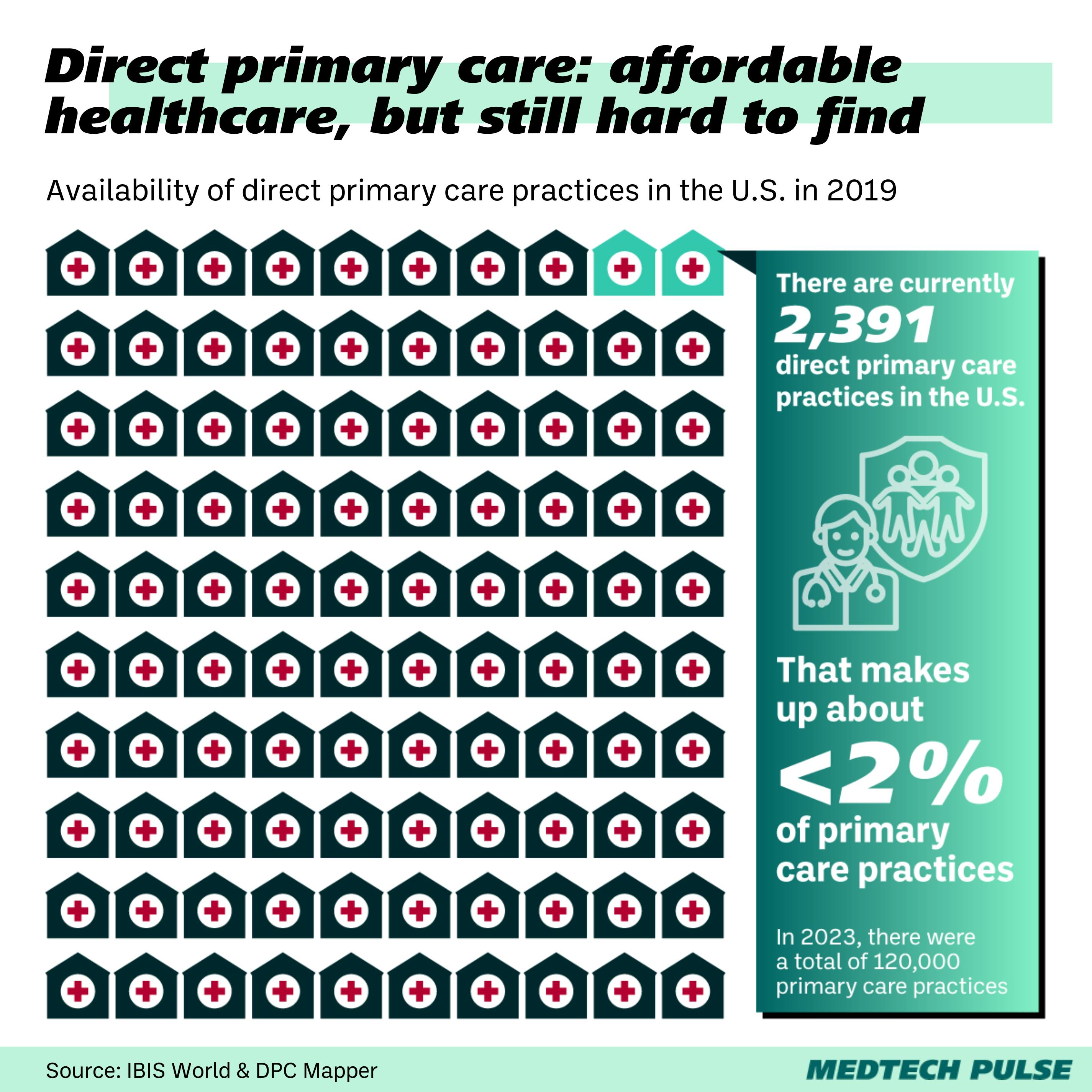Are you tired of these health subscriptions?
Imagine you’ve just invested in your health. You’ve paid for a new wellness device or a digital health service. You’re excited about how the purchase will improve your life.
But then, the frustration hits. As it turns out, you can’t take full advantage of the product. Some of its most useful features are “premium.” Or, perhaps you can’t use the product you’ve bought at all without adding on a subscription.
This is an experience many of us are familiar with when it comes to things like food delivery apps and streaming services. But health? In this context, the upcharge can feel a little harder to swallow.
That’s how users of a “smart bassinet” felt when the product’s company created a paywall between them and the device’s full functionality. Suddenly, something that helped their baby get to sleep required a subscription—on top of the $1700 parents already paid for the device itself. Plus, with the device claiming to prevent sudden infant death syndrome (SIDS), not subscribing felt even more threatening.
Of course, I’m not here to condemn subscription models in healthcare. There are many positive reasons for healthcare companies to adopt subscription models:
- Subscription-based healthtech (e.g., femtech screening memberships) — this Netflix-like model can help startups generate revenue from a recurring customer base without seeking insurance reimbursement.
- Subscription-based premium features (e.g., wearables) — this allows companies to segment their customers into casual users and super-users who need more features and will pay more for them, assuring both customer profiles are well-served.
- Subscription-based healthcare (e.g., direct primary care) — this model can help patients be seen more quickly and providers be compensated more easily by cutting out the insurance middleman.

But given the popularity of subscriptions, more and more healthcare companies adopting these models also causes problems, like those seen with the smart bassinet:
- Subscription fatigue — when every company and service offers a subscription, customers need to be shrewd when they use their limited subscription budget.
- Inequity — by upcharging for their services, health innovators are often limiting their user base to only the wealthiest customers.
Overall, we must be careful when we wield subscription models. Healthcare innovators and providers deserve to be compensated. At the same time, we can’t turn health into a luxury.
